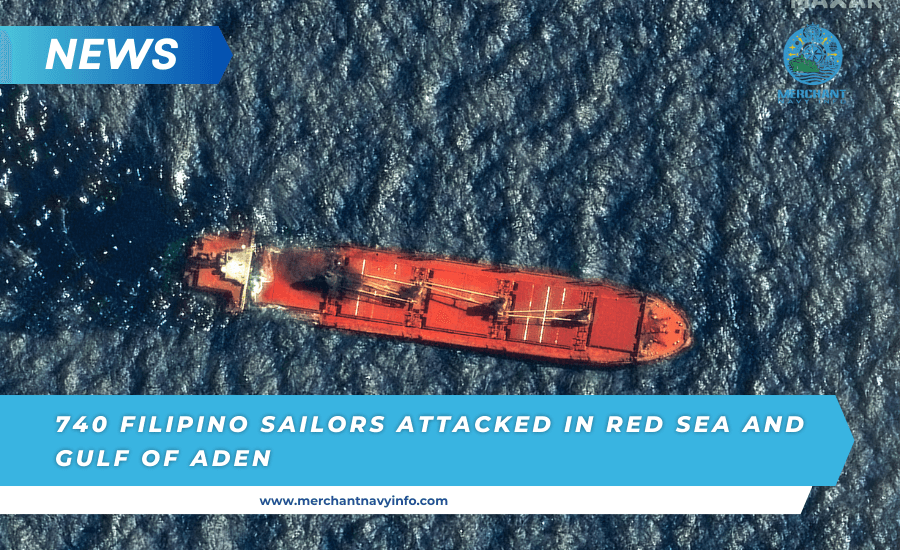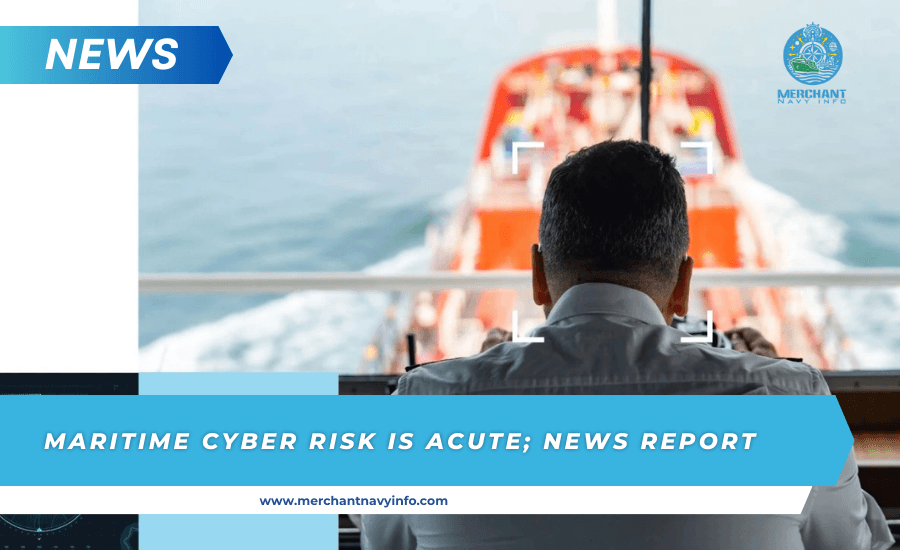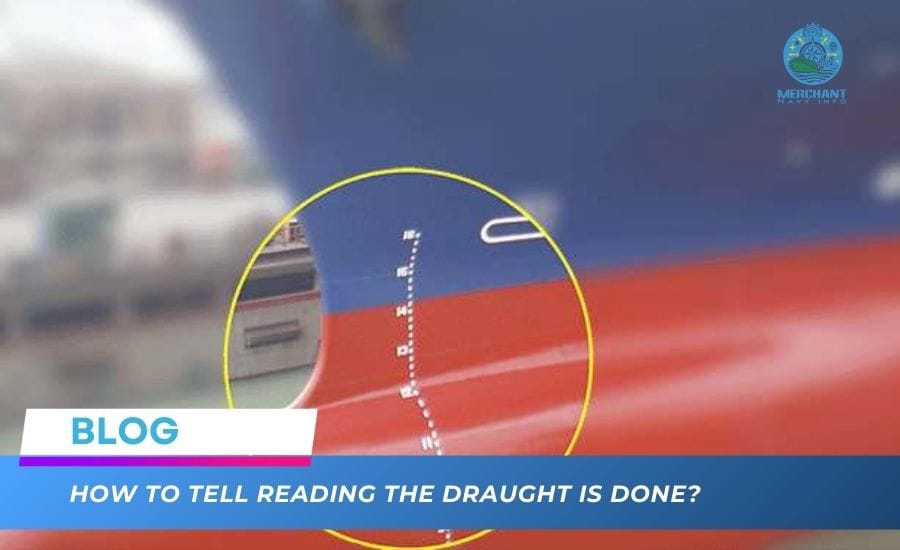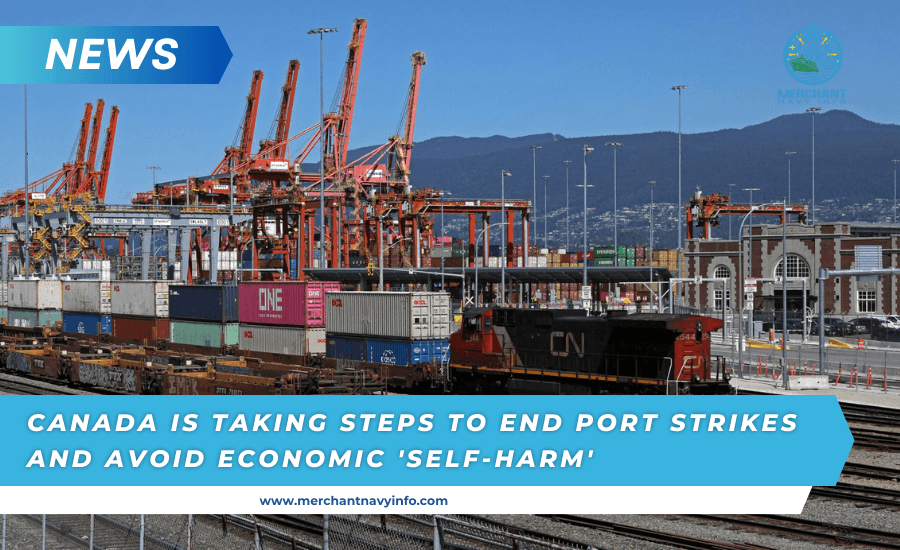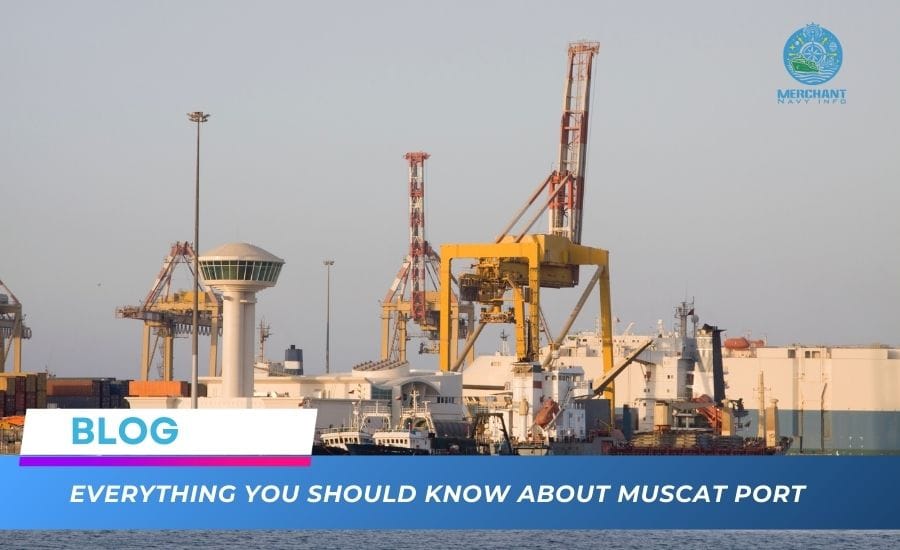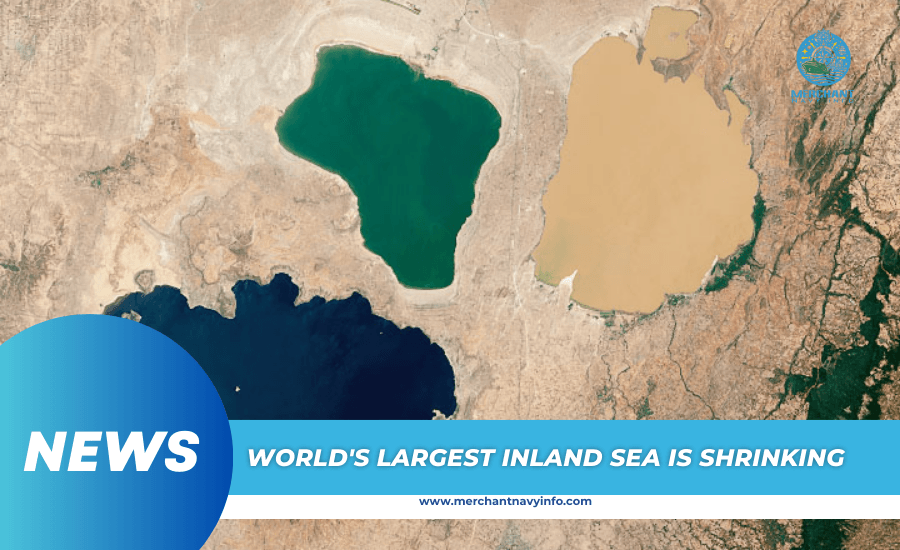
Caspian Sea: World’s Largest Inland Sea Is Shrinking
The Caspian Sea is shrinking, and Azerbaijan’s President Ilham Aliyev described it as “catastrophic” consequences. Reuters reports that the president raised the issue of the retreating seawater during a recent meeting with Russian President Vladimir Putin and said the two agreed to discuss the situation. The Caspian Sea is the largest inland sea (about the size of Norway) and is surrounded by five countries (Azerbaijan, Kazakhstan, Russia, Iran, and Turkmenistan). The water level has been steadily decreasing since the 1990s, and according to Le Monde, the seawater is shrinking by about 25 centimeters per year. Its depth has decreased by about 8 feet since 2000.
Azerbaijan’s President Aliyev describes the matter as “catastrophic.”
“From the window of our negotiating room, he (Putin) showed rocks that were underwater two years ago,” Aliyev said. “Today they are literally one meter above the surface.” The Guardian reported that entire bays have disappeared, especially along the northern coast, and is studying “natural and anthropogenic” causes of the sea’s shrinkage. Rising temperatures, reduced rainfall, and increased evaporation linked to climate change are important factors.
Meanwhile, industry, dams, reservoirs, and exploitation of tributaries of the Volga and Ural rivers have exacerbated the problem. Pollution and water runoff affect fisheries and animals, including the rare Caspian seal, whose numbers have dropped from 11 million a century ago to between 110,000 and 170,000. (For his part, the UN secretary-general is concerned about the continued rise in sea levels.)

